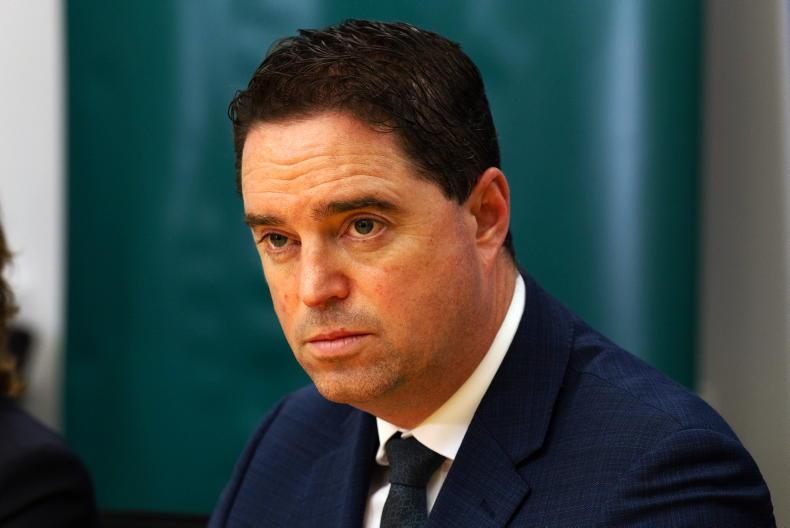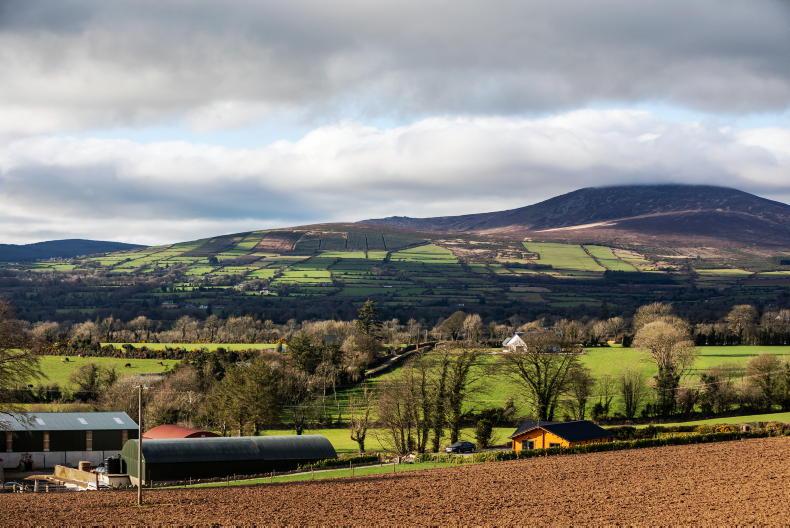Opening the annual EU Agriculture Outlook Conference in Brussels this Monday, Commissioner Hogan responded to initial reactions following his communication on the future of the CAP last month. Acknowledging fears that the “common” aspect of the CAP could be undermined by a “renationalisation” of farming, policy, he said this would not be the case. “The Commission is not shirking our responsibilities,” Commissioner Hogan said. “The principle of what we are proposing is greater subsidiarity for the member states.” This is because there are different agricultural systems and practices across Europe and “a one-size-fits-all approach is not appropriate,” he added.
National plans
The Commission’s proposal is that high-level priorities will be set at EU level and implemented nationally, Commissioner Hogan said. Under his plan, overarching principles such as making agriculture smarter and more competitive, reducing its impact on the environment and the climate, and protecting the social fabric of the countryside would be the same all over Europe.
Listen to an interview of Commissioner Hogan by Irish Farmers Journal markets and EU specialist Phelim O’Neill in our podcast below:
Each member state would then need to prepare a plan based on their particular needs. The Commission would ensure consistency between the national plans and regulate the common agricultural market. The proposal aims at cutting red tape for farmers and member states.
No longer will the Commission be determining the length or width of hedgerows
Commissioner Hogan said the focus would shift from compliance with established rules to the delivery of results, especially in the area of environmental protection and climate change.
“No longer will the Commission be determining the length or width of hedgerows or the number of trees in a field,” he said. Instead, member states will need to take responsibility for this level of detail, ensuring they meet overall European objectives.
Commissioner Hogan dismissed critics who say this model would open the door for national governments to impose unnecessary requirements on farmers. “There’s no such thing as gold-plating in member states,” he said.
Direct payments to stay
He also re-stated his commitment to a two-pillar structure with direct payments and rural development measures. With the end of the British contribution and competing priorities eating into the CAP’s funding, he called on the remaining member states to increase their contribution to the European from 1% of GDP currently to 1.1% or 1.2% to make up for the shortfall.
IFA president Joe Healy welcomed this statement, pointing out that "economically the EU is in a much better position than it was in 2012, when the last Multi-annual Financial Framework was agreed".
After trade talks with Mercosur stumbled on the controversial issue of meat imports last week, Commissioner Hogan also said that further negotiations with trading partners would ensure “sufficient safeguards for those more sensitive sectors”.
Environment, young farmers and a limit on payments in CAP 2020








SHARING OPTIONS